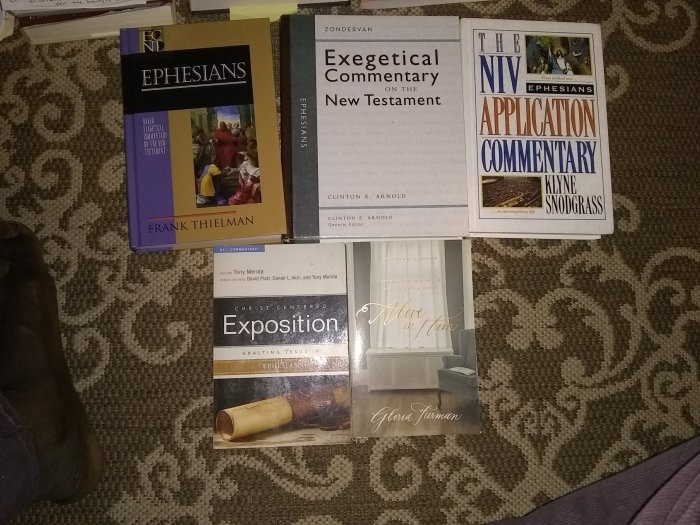My good friend and brilliant Haitian thinker Dr. Glodel Mezilas wrote a terrific critique of Protestant Christianity in Haiti.He asked me to respond to it. Glodel: you already know that I am not a good public debator; in fact, I don’t like to engage in debates via social media. I would rather call you and express my perspective 🙂
Nonetheless, allow me to say the following succinctly:
For Glodel, Evangelical Christianity ( in Haiti, the phrase is not commonly used in public opinions or intellectual debates. When Haitian thinkers discuss Christianity, they differentiate the two major branches of Christianity in the West: Catholic Christianity and Protestant Christianity.) is a major contributor of cultural and existential alienation in Haiti; somewhat, Haitian Protestants or Evangelicals have urged the new Christian convert to abandon or even renounce the cultural traditions and practices he or she once practiced before embracing Christianity as the new faith. Glodel construes the practices and ideologies of Protestant Christianity in Haiti as dangerous, unhealthy, and ineffective to the progress of the Haitian people and the advancement of democracy in Haiti.
Second, Glodel contends that Protestant Christianity not only leads to more cultural alienation in the Haitian society, it fosters national strife or division among the Haitian people. In essence, any religious tradition has the potential to unite and divide people. By the virtue of specific teachings or doctrines of a particular religion, the division is somewhat inevitable. While many religious traditions have many points of parallel and connection, all religions do not share the same teachings; they’re different over their particularities and distinctives.
Third, Glodel also argues that Protestant Christianity has not contributed to the alleviation of poverty and suffering in Haiti; somewhat, it supports by the theology and way of life it confesses and promotes. By contrary, there are other equally important factors that have contributed to poverty and suffering in the Haitian society such as the problems and effects of globalization in a small country like Haiti. The bourgeoisie class in Haiti has used different means to oppress and exploit those in the lower stratum in the Haitian society. In addition, in the past 50 yrs or so, Haiti’s political system has not contributed much to positive social change and human flourishing in Haiti. Haiti’s infrastructure deficits and low employment rate are other impactual factors leading to the depressing human condition in Haiti. While Protestant Christianity is among the leading factors of Haitian alienation, it is not the only one.
***
Below is the link to Mezilas’ Article:
http://lenouvelliste.com/article/178081/eglises-protestantes-misere-et-alienation-en-haiti

